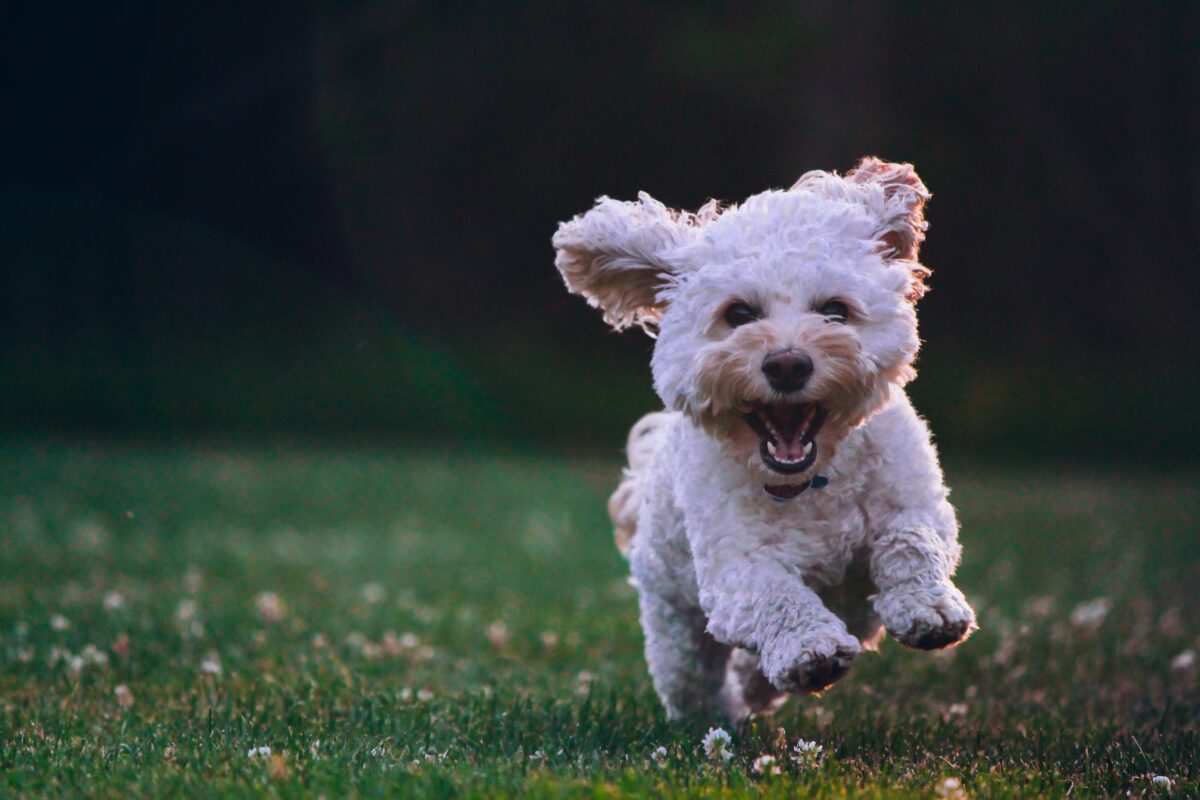No products in the cart.
Dog Health, News
What Breeds of Dogs Have Little Health Problems
Many breeds of dogs have a well-deserved reputation for being difficult to keep. For some, the instability of their diet can be a dealbreaker. Others struggle in environments with limited space or inadequate lighting. The list goes on and on, but one breed fits almost every lifestyle. In this article, we discuss dog health issues and their remedies.
The dog! If you believe that it’s not possible to love many animals simultaneously, then consider this. You do just fine with having one or two dogs as long as they don’t mind you bringing your other half outside to meet them. In fact, if this describes you, we have good news.
Dogs are often among the happiest and healthiest residents of the homes where they are welcome. So whether you are looking for a loving companion who won’t sit by your side during meals or a dog who will follow you like a puppy from childhood and never leave your side, our list of breeds with little health problems should help you find the perfect match.

Chihuahuas: The Healthiest of the Small Dogs
Even though they may not win any beauty pageants, the Chihuahua is one of the most popular small dog breeds. This breed has many health advantages, but one of the most attractive is its small size. The Chihuahua is a small dog.
At the very most, they are the size of a large golden retriever. But because they are so small, Chihuahuas are often regarded as being “healthier” than other dog breeds. This breed’s small size makes it very easy for them to become obese. As a result, the Chihuahua is a dog that is very susceptible to metabolic illnesses, such as diabetes and heart disease.

Pugs: Health Issues Due to Obesity
It’s not just the small Chihuahuas on this list who are at risk of obesity. All breeds can become obese if they are not given proper exercise and diet. But some breeds are at a higher risk than others. In general, dogs with a high body fat content are at risk of developing obesity. This is especially true for pugs, which have large heads and deep chests.
Getting your pug’s body fat checked may be the best thing you do for them. Obesity in dogs is stressful, expensive, and unhealthy for you and your dog. It can lead to many problems, including heart disease and diabetes. Getting your dog’s body fat tested can help you identify the exact issues and correct them before they become difficult or expensive to correct.

Shih Tzus: Growing Health Concerns
Like other small dogs, the Shih Tzu is at risk of developing obesity. And though it’s not the same problem as being overweight, it does represent a health risk factor, as does inbreeding. Inbreeding is the mating of closely related dogs. The best way to prevent inbreeding among small breed dogs is to breed them apart. But in a large house, this is almost impossible to do.
So the best you can do is to be aware of the risks and give your dog the proper time to mature. As they age, Shih Tzus are more likely to develop health issues, including heart disease, diabetes, and cancers. So giving your dog the proper time to mature is the best way to prevent problems.

Boxers: Health Issues Due to inbreeding
Like the Shih Tzus, the Boxer is another breed at high risk of developing obesity. The Boxer is also a large dog breed with a small body. As a result, the Boxer has a higher body fat content than other dog breeds. But there are many health advantages to this small body type, including better muscle definition and faster metabolism.
The problem is that Boxer also has a high incidence of genetic diseases, such as Boxer’s ganglion Cystinosis, which is inherited as an autosomal recessive condition. If you are interested in adopting a Boxer, you should consider this a risk factor.
Japanese Kyusyu Dogs: Health Issues Due to Environment
The Kyusyu or Kuy guardians are a breed that is literally defined as a “guardian dog.” They are famous for their loyalty and are likely the most popular canine breed in Japan. However, to achieve this reputation, Kyusyu is subjected to harsh living conditions. This is why adopting a breed with a good temperament, and healthy living conditions is important.
Unfortunately, many breeds with good temperaments are neglected in favor of dogs with a more friendly disposition. This breed, particularly the male, can develop liver and pancreatic diseases and progressive blindness. Other health risks include osteoarthritis, polycystic kidney disease, and thyroid conditions.
Chi-Chi Dogs: Becoming a Senior Dog is No Different than Being a Young Puppy
The Chi-Chi is a large breed often regarded as a “puppy” dog. However, like the Boxer, the Chi-Chi is also at risk of developing obesity. However, the Chi-Chi is also at risk of other health problems, including genetic conditions. A large breed like the Chi-Chi has less lifespan than a small breed of the same age.
The Chi-Chi also doesn’t have the same energy as a puppy of small breed age, making them more likely to become depressed and tearful. If you want a dog that is easy to love, care for, and has lots of life left in it, the Chi-Chi is the perfect match.
Conclusion
Dogs are amazing animals who can bring much love and companionship into a person’s life. They are also incredibly intelligent and can learn much about the human race, including how we treat them. While having a dog has many health advantages, it’s important to keep in mind that they are also capable of having health problems.


